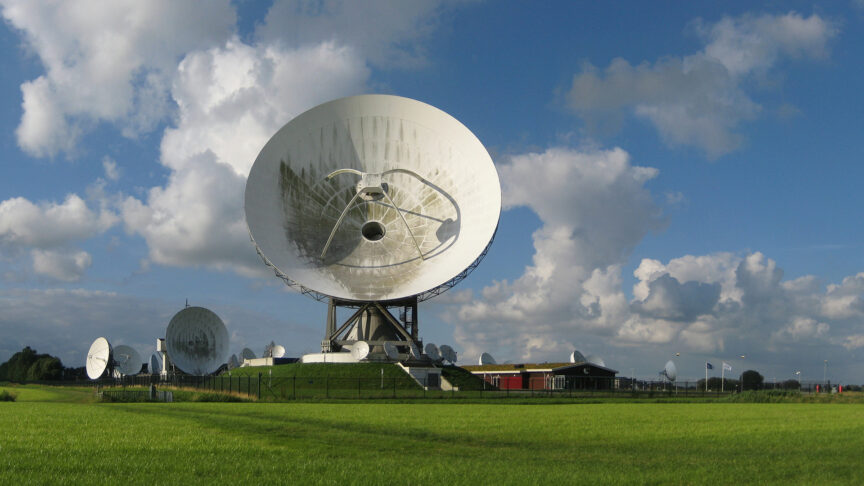
The secret battlefield: How the EU can help Georgia, Moldova, and Ukraine protect against Russian subversion
The EU should offer Georgia, Moldova, and Ukraine a new intelligence and security compact to help strengthen their security against Russia

The EU should offer Georgia, Moldova, and Ukraine a new intelligence and security compact to help strengthen their security against Russia
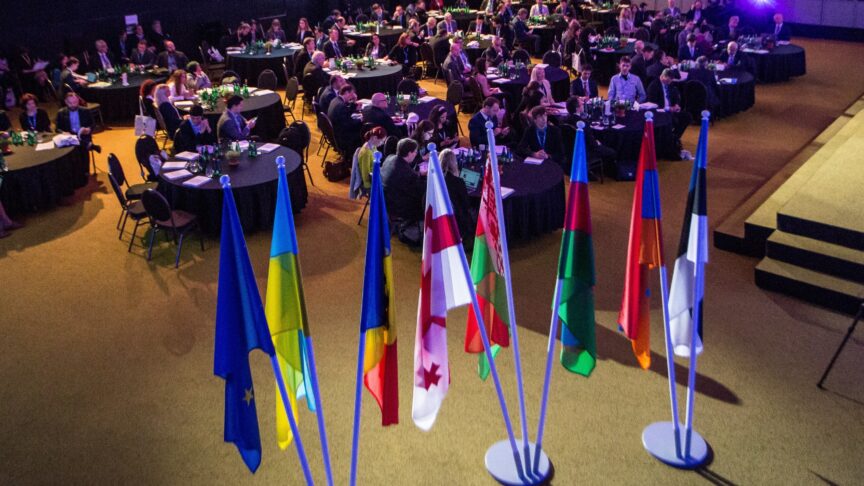
Young diplomats in Eastern Partnership countries are optimistic and pro-European. Many of them want the EU to become a bolder geopolitical actor

Russia’s capacity to carry out large-scale military operations against Black Sea states allows it to coerce and extort them
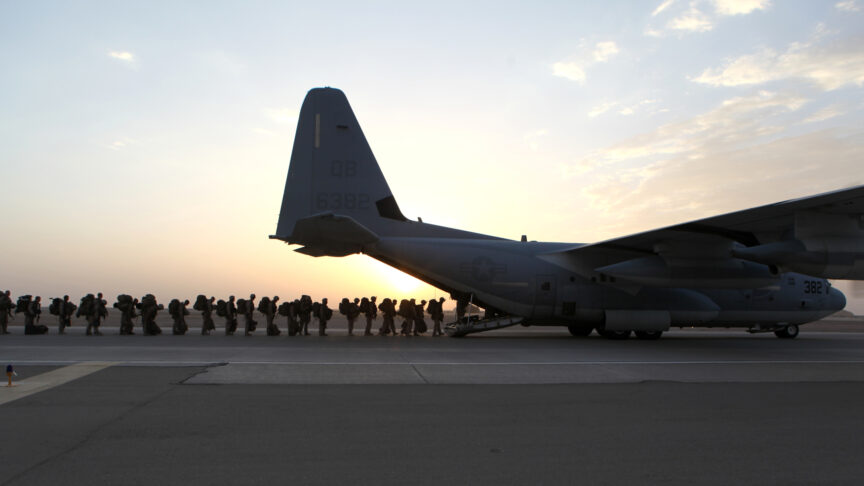
ECFR’s policy experts examine what the Taliban takeover means for countries and regions around the world: Europe, the US, the Middle East, Russia, China, Iran, Turkey, and the Sahel
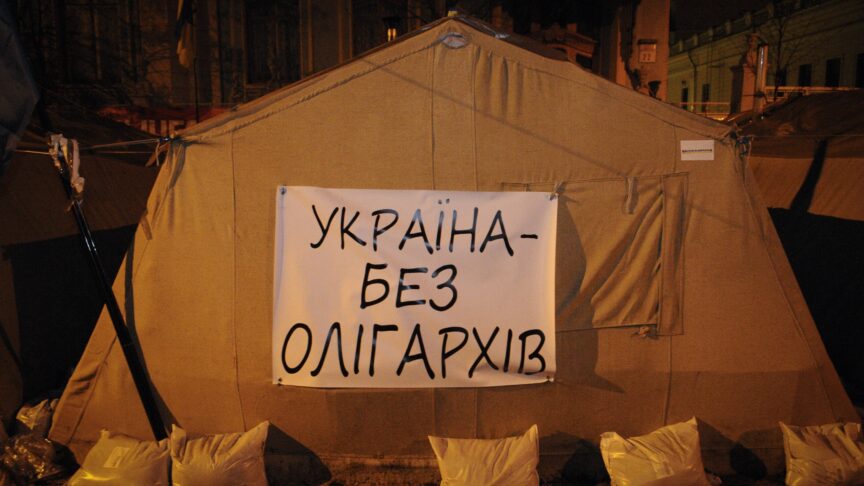
The campaign has encouraged Zelensky’s tendency towards governance through informal means. This has allowed him to act speedily – but it risks letting oligarchic influence return
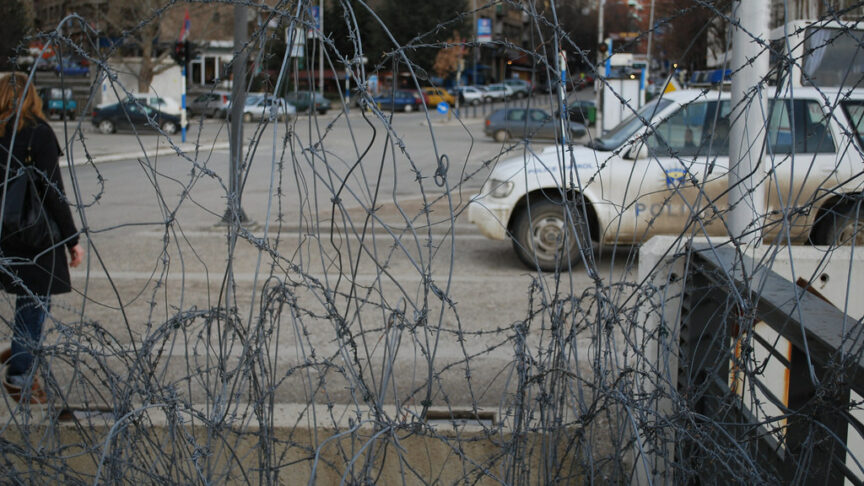
The solution to the dispute between Kosovo and Serbia should be to create a societal consensus on both sides of the border
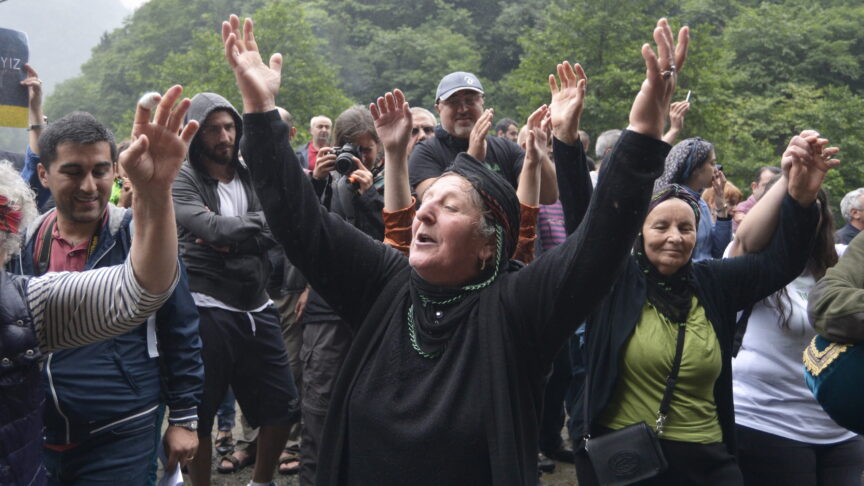
EU member states should help Turkey manage the impact of the new trade regulations the deal would bring in
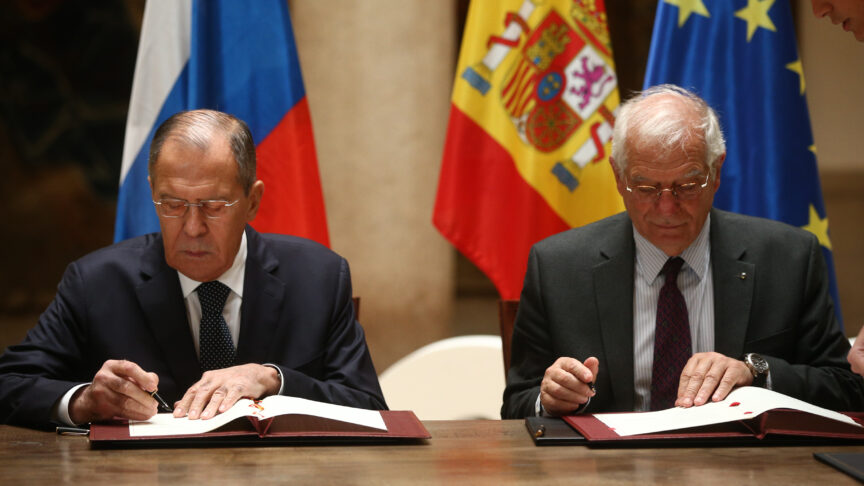
The bloc should reframe how it speaks of human rights and democracy, while developing closer security and military links with select neighbours
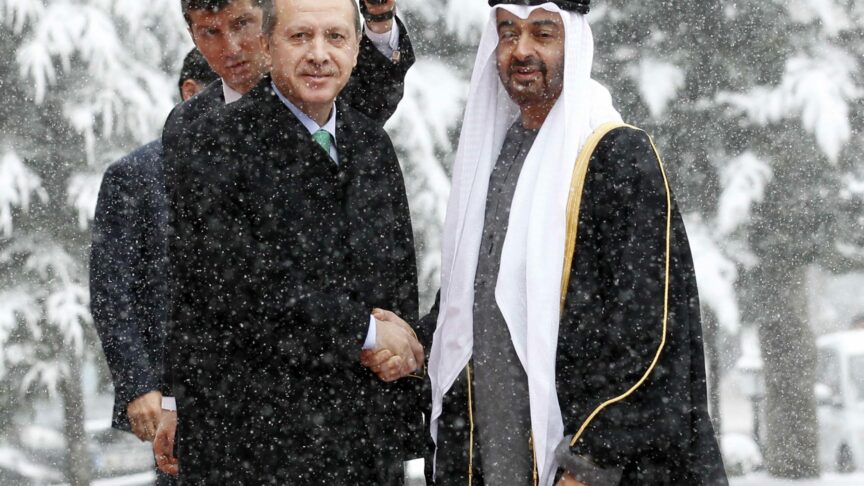
Instead of using the UAE to push back against Turkey or vice versa, Europe should develop its own strategy on their rivalry
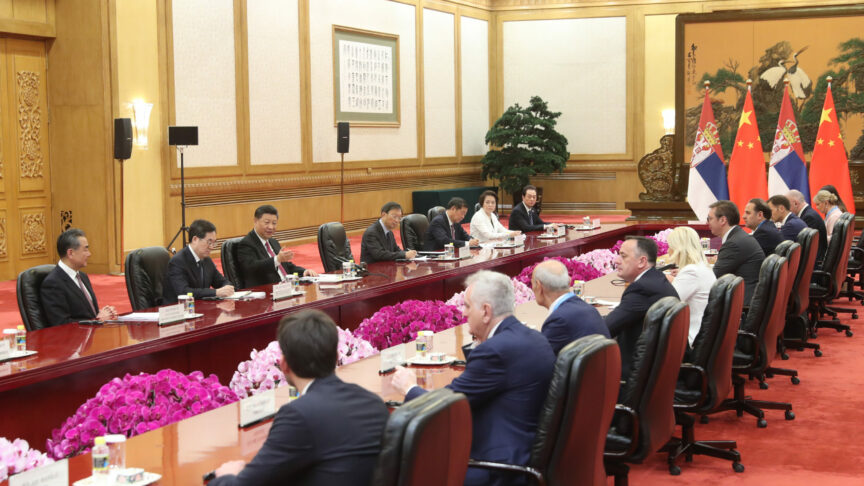
As European and US ambivalence towards the Western Balkans persists, the region will be in increasing danger of falling into an endless spiral of competition between various foreign actors